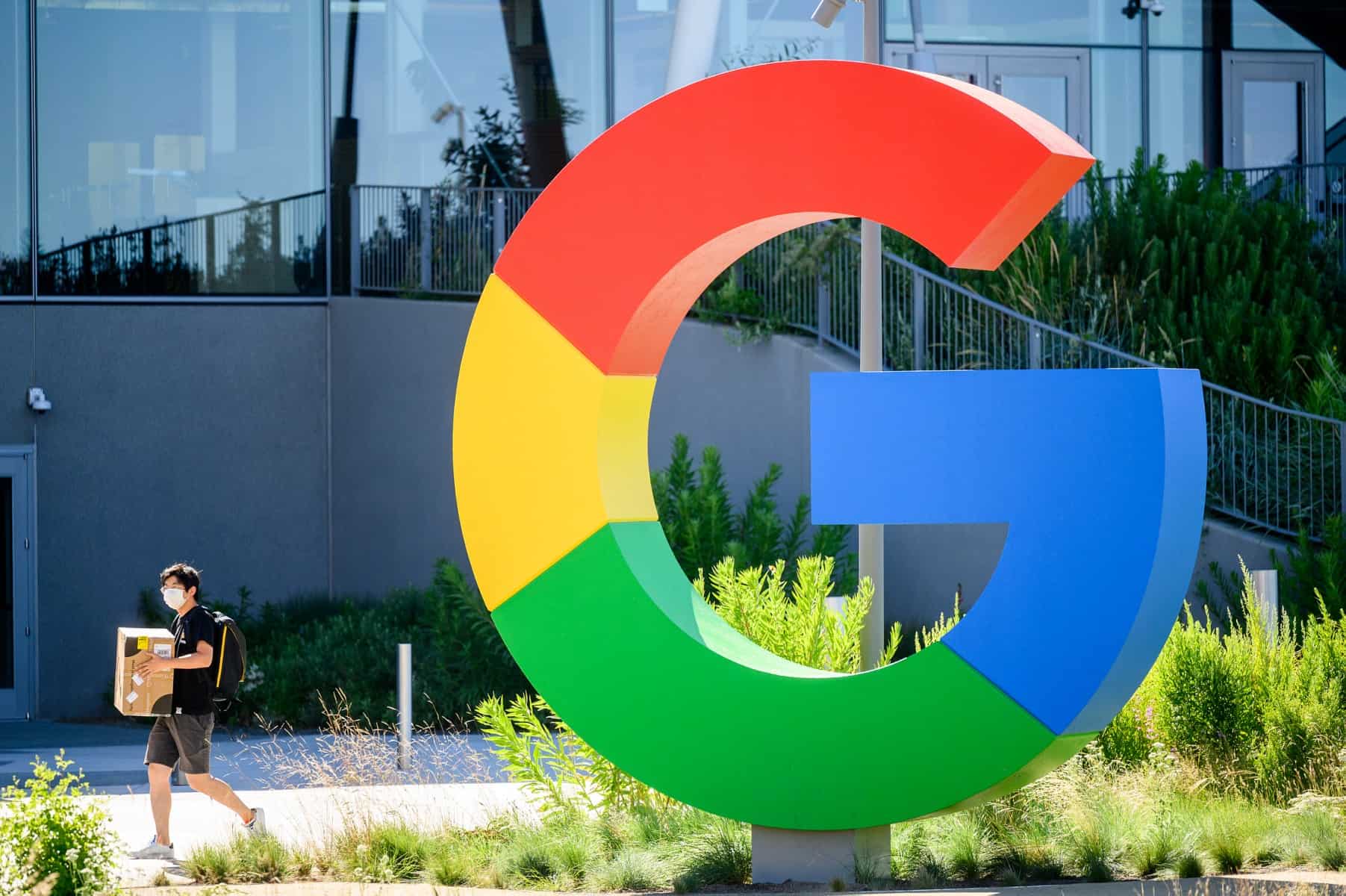Ottawa, Canada — The Canadian government and Google have reached a deal to support the country’s media, heading off an imminent threat by the digital giant to block news on its platform, sources said on Wednesday.
That threat was made in response to Ottawa’s Online News Act, which was due to come into force on December 19. Meta has also pushed back against the looming regulations.
Two sources familiar with the months-long negotiations told AFP the two sides had agreed on a framework that would establish regular payments by Google to help Canadian media.
Several Canadian media said it would see Canadian news continue to be shared on Google’s platforms in return for the company making annual payments to Canadian news companies in the range of Can$100 million ($73 million).
The amount is less than the government had estimated the compensation should be, but heads off a potential online blackout for news in Canada, where Google and Meta are the dominating platforms.
The agreement will reportedly allow Google to negotiate with a single group representing all Canadian media, rather than one-on-one deals that it feared risked opening it up to massive payouts.
“This is a good outcome, for sure,” Brent Jelly, president of the Canadian Association of Journalists, told AFP.
He noted that Canadian media had been “concerned about the future trajectory of the industry” if Google had made good on its threat.
The Online News Act builds on similar legislation introduced in Australia and aims to support a struggling Canadian news sector that has seen a flight of advertising dollars and hundreds of publications closed in the last decade.
Meta and Google, which together control about 80 percent of all online advertising revenue in Canada, worth billions of dollars, have been accused of draining cash away from traditional news organizations while using news content for free.
Ottawa had estimated the Online News Act could cost the pair a combined Can$230 million (US$170 million) by requiring them to make commercial deals with Canadian news outlets, or face binding arbitration.
According to the draft regulations unveiled in September, it would apply to companies with global annual revenues in excess of Can$1 billion, operating a search engine or social media platform actively used by at least 20 million users and that distributes news.
That effectively means only Google and Meta would be affected.
Meta has called the bill “fundamentally flawed” and since August has blocked access in Canada to news articles on its Facebook and Instagram platforms.








